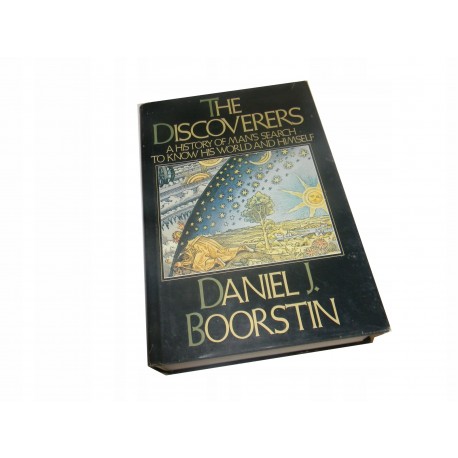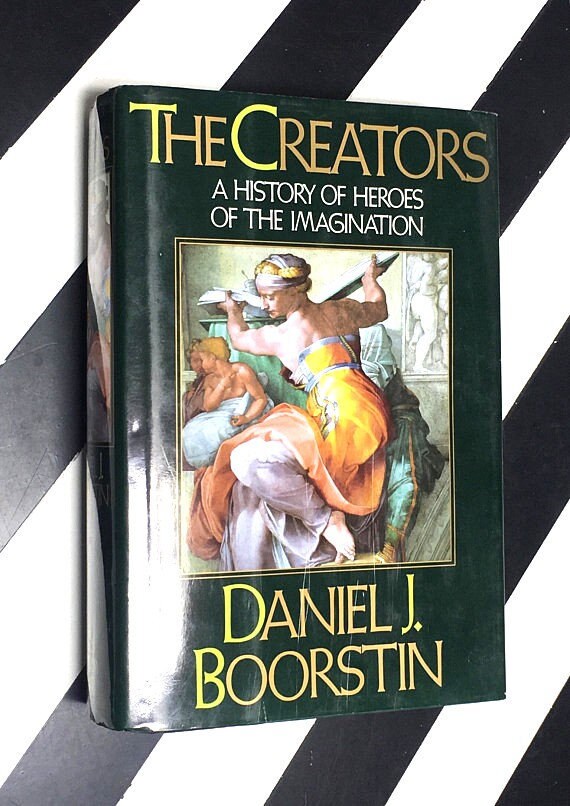

The long human quest for what man does not yet know becomes a mystery story played by a vast cast on an ever-changing stage. The story of our world is not the usual succession of battles and empires and political leaders, but a tale of discoveries and beginnings. Boorstin's flair for the vivid anecdote, for fresh points of view, and for the dramatic relationship of ideas has made him the most readable of our eminent historians. The great discoverers, Boorstin shows, dispel the illusions and reveal something new about the world.The Discoverers is a vivid, sweeping and original history of man's greatest adventure: his search to discover the world around him - the relationship of the heavens to his own planet, the elusive and mysterious dimension of time, the vast and colorful range of plants and animals, the intricate workings of his own body, the surprising variety of human societies past and present.

It’s also primarily Western, although Boorstin does ask (and answer) several interesting questions: Why didn’t the Chinese “discover” Europe and America? Why didn’t the Arabs circumnavigate the planet? His thesis about discovery ultimately turns on what he calls “illusions of knowledge.” If we think we know something, then we face an obstacle to innovation. The approach is idiosyncratic, with Boorstin lingering over particular figures and accomplishments rather than rushing on to the next set of names and dates.


Boorstin first describes the liberating concept of time–“the first grand discovery”–and continues through the age of exploration and the advent of the natural and social sciences. To call it a history of science is an understatement this is the story of how humankind has come to know the world, however incompletely (“the eternal mystery of the world,” Einstein once said, “is its comprehensibility”). Perhaps the greatest book by one of our greatest historians, The Discoverers is a volume of sweeping range and majestic interpretation.


 0 kommentar(er)
0 kommentar(er)
